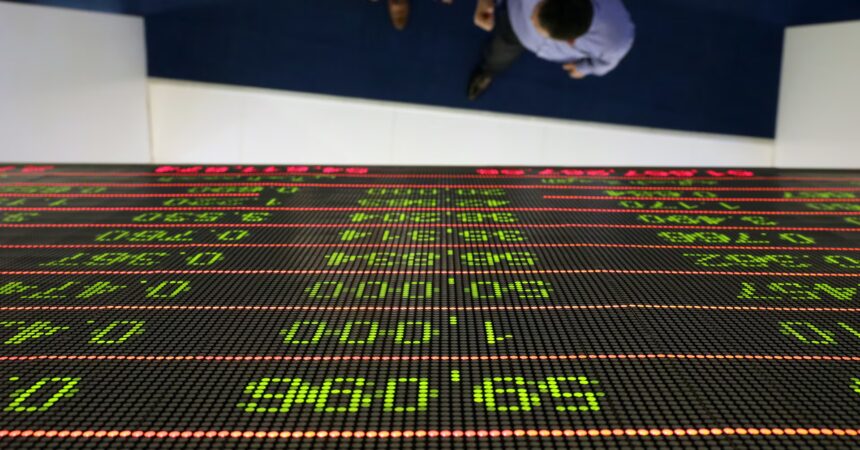Most stock markets in the Gulf region experienced declines on Sunday amid renewed concerns about trade tensions following recent announcements from former President Donald Trump regarding tariffs on Chinese imports. Trump revealed a significant increase in tariffs, raising them to 100% on Chinese exports to the United States, alongside implementing new export controls on critical software. This move was a direct response to China’s recent restrictions on rare earth mineral exports, which are vital for various technology sectors.
In Saudi Arabia, the benchmark index fell by 0.8%, influenced by a notable 1.4% drop in Al Rajhi Bank and a similar decrease in the shares of Saudi Aramco, the nation’s key oil producer. Reports indicated that the kingdom’s crude oil exports to China are projected to decrease to approximately 40 million barrels in November, as refiners are likely to turn to more affordable spot supplies from other Middle Eastern sources.
Qatar’s stock index also dipped by 0.9%, primarily due to a 1.8% slide in Qatar Islamic Bank’s share price. On the commodities front, both Brent and U.S. crude futures saw a decline of over $2 a barrel—more than 3%—as market sentiment was further dampened by Trump’s tariff threats, raising concerns over demand in an already oversupplied market.
Outside the Gulf region, Egypt’s blue-chip index remained relatively stable, closing flat. In a positive development for Egypt, S&P Global upgraded the country’s credit rating, attributing this improvement to ongoing economic reforms that have significantly boosted GDP growth. Moreover, Fitch reiterated its support for Egypt, citing a strong growth outlook bolstered by robust partnerships.







